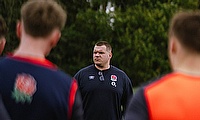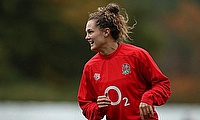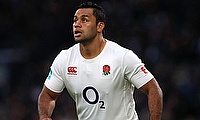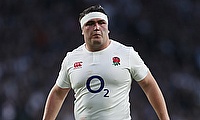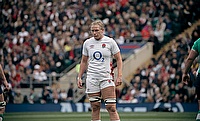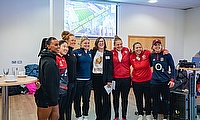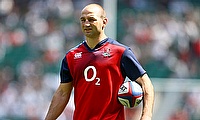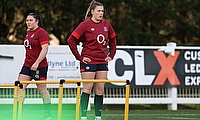James Haskell calls on authorities to stop showing slo-mo replays on big screen
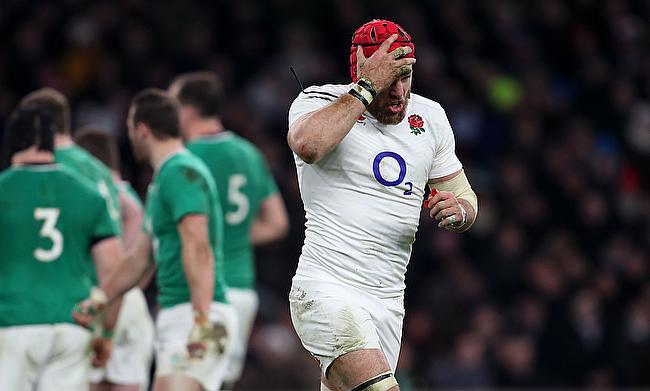
James Haskell was given a yellow card for a dangerous tackle on Ireland's Conor Murray
©PA
England flanker James Haskell has urged the game's authorities to abandon the policy of showing slow motion replays of incidents of foul play on the big screen.
Haskell believes the yellow card he received for a dangerous tackle on Conor Murray in the 21-10 RBS 6 Nations victory over Ireland at Twickenham last month was harsh.
The Wasps captain argues that referee Romain Poite was influenced by repeated slowed motion viewings of the challenge, making it appear more savage than it actually was.
Instead, Haskell believes officials should review incidents on a monitor on the sideline - the method used in American football - to strip out the possibility of the crowd's reaction having a bearing on the decision.
"I was very disappointed because I don't think it was a yellow card. Slowing anything down makes it seem 10 times worse than it actually is," Haskell said.
"If you notice I pulled out, turned my head well away - there was no intent. He relaxed into it. He got up straight away, I got up straight away.
"I couldn't believe it when the referee called me back. I was shocked when I saw how slowly they were replaying it. Any tackle looks pretty bad when seen like that.
"One hundred per cent they should not play replays in slow motion. I firmly believe they should go to the side of the field, look at the screen and review it on their own without seeing any of those collisions in.
"If they need to see it again then fine, but see it in fast and take the crowd out of the equation. The slow mo was really unhelpful. It gives the wrong impression.
"Rugby's a really tough game and it's not great doing that kind of stuff because it's making a spectacle out of it when it doesn't need to be.
"Reviewing is a good idea, but playing it on the big screen, making it a big circus is not constructive."
The potential of suffering injury in rugby is being scrutinised like never before and was heightened last week when a group of more than 70 doctors called for a ban on full-contact rugby in schools in an open letter to government ministers.
While Haskell rejects the idea that tackling should be taken out of the junior game, he does believe good instruction on tackling technique would be very beneficial.
"Making rugby a non-contact sport - you might as well just forget it and disband it," Haskell said.
"I think we have to make a stand at some point. We are getting to a point where everyone is just getting a medal for turning up. Everyone's getting prizes.
"We're all softly, softly. It's not like that. It is what it is. We are a contact sport, people are going to get hurt. It happens.
"As long as it's not someone literally running around, straight-arming people or blindsiding people trying to rip your head off, these things happen and we need to understand that.
"We have got to protect kids by giving them good technique. I've always worked very hard on my tackle technique.
"It's something I spend a lot of time doing. I adhere to the (former England and Wasps flanker) Joe Worsley school of tackling. He taught me how to tackle properly.
"Once or twice a week I spend time doing it. I much prefer the leg tackles. I think that the sign of a good player is your tackle selection and understanding what you have to do when.
"Parents at schools should have the choice about whether to play rugby or not.
"If they don't want little Timmy to get hurt and they don't think it's a good idea, then they shouldn't play.
"However, for those who do want to play, it's more important they are taught to tackle well."


